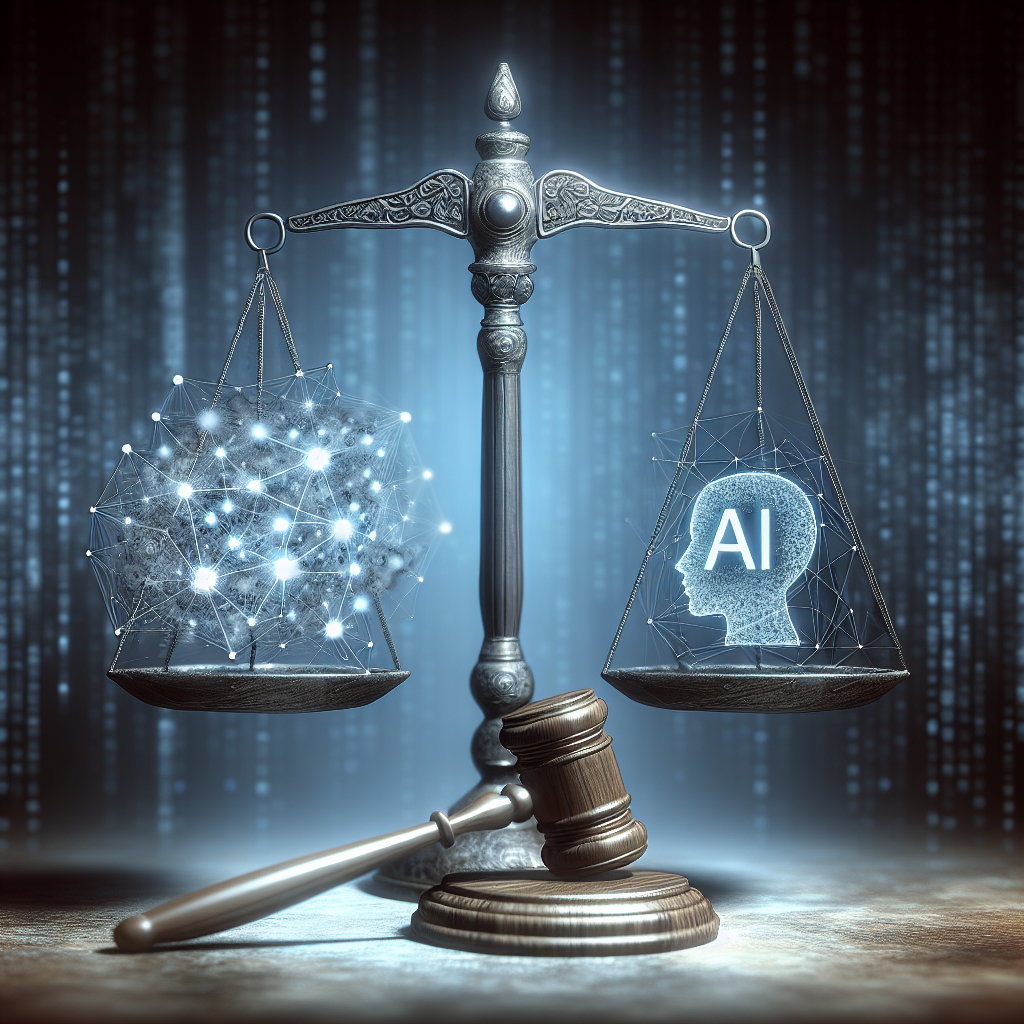In recent years, the use of artificial intelligence (AI) in government decision-making processes has become increasingly prevalent. From healthcare to transportation to criminal justice, AI is being used to streamline operations, improve efficiency, and make more informed decisions. However, the rapid advancement of AI technology has also raised ethical concerns about its use in government decision-making processes.
Ethical considerations in the use of AI in government decision-making are complex and multifaceted. On one hand, AI has the potential to improve the accuracy and efficiency of decision-making processes, leading to better outcomes for citizens. On the other hand, there are concerns about bias, transparency, and accountability in AI systems that can have far-reaching consequences for individuals and society as a whole.
One of the key ethical considerations in the use of AI in government decision-making is the issue of bias. AI systems are trained on large datasets, which may contain biases that can result in discriminatory outcomes. For example, a predictive policing algorithm that is trained on historical crime data may disproportionately target minority communities, leading to unjust outcomes. Addressing bias in AI systems requires careful consideration of the data used to train the system, as well as ongoing monitoring and evaluation to ensure that the system is not perpetuating existing biases.
Transparency is another important ethical consideration in the use of AI in government decision-making. AI systems are often complex and opaque, making it difficult for individuals to understand how decisions are being made. Lack of transparency can erode trust in government institutions and undermine the legitimacy of decisions made by AI systems. Governments must be transparent about the use of AI in decision-making processes, including providing explanations of how decisions are made and allowing for external audits of AI systems.
Accountability is also a critical ethical consideration in the use of AI in government decision-making. When AI systems make decisions that have significant impacts on individuals’ lives, it is essential that there is clear accountability for those decisions. Governments must establish mechanisms for oversight and accountability of AI systems, including clear lines of responsibility and processes for recourse in the event of errors or biases in decision-making.
In addition to bias, transparency, and accountability, there are a number of other ethical considerations in the use of AI in government decision-making. These include privacy concerns, security risks, and the potential for AI to exacerbate existing inequalities in society. Governments must carefully consider these ethical implications when implementing AI systems in decision-making processes.
Despite these ethical challenges, there are also many potential benefits to using AI in government decision-making. AI has the potential to improve the efficiency and effectiveness of government services, leading to better outcomes for citizens. For example, AI can be used to automate routine tasks, analyze large datasets, and predict future trends, allowing governments to make more informed decisions and allocate resources more effectively.
To navigate the complex ethical considerations of using AI in government decision-making, governments must establish clear guidelines and principles for the responsible use of AI. This includes developing ethical frameworks for AI governance, conducting thorough impact assessments of AI systems, and engaging with stakeholders to ensure that AI systems are used in a fair and transparent manner.
In conclusion, the use of AI in government decision-making presents both opportunities and challenges. While AI has the potential to improve efficiency and effectiveness, there are also significant ethical considerations that must be addressed. By carefully considering issues such as bias, transparency, and accountability, governments can harness the power of AI to make more informed decisions and better serve their citizens.
FAQs:
Q: How can bias in AI systems be addressed in government decision-making?
A: Bias in AI systems can be addressed through careful selection of training data, ongoing monitoring and evaluation of AI systems, and the implementation of bias detection and mitigation techniques.
Q: What are some potential benefits of using AI in government decision-making?
A: Some potential benefits of using AI in government decision-making include improved efficiency, better decision-making, and more effective allocation of resources.
Q: What are some ethical considerations in the use of AI in government decision-making?
A: Some ethical considerations in the use of AI in government decision-making include bias, transparency, accountability, privacy concerns, security risks, and the potential for AI to exacerbate existing inequalities in society.

